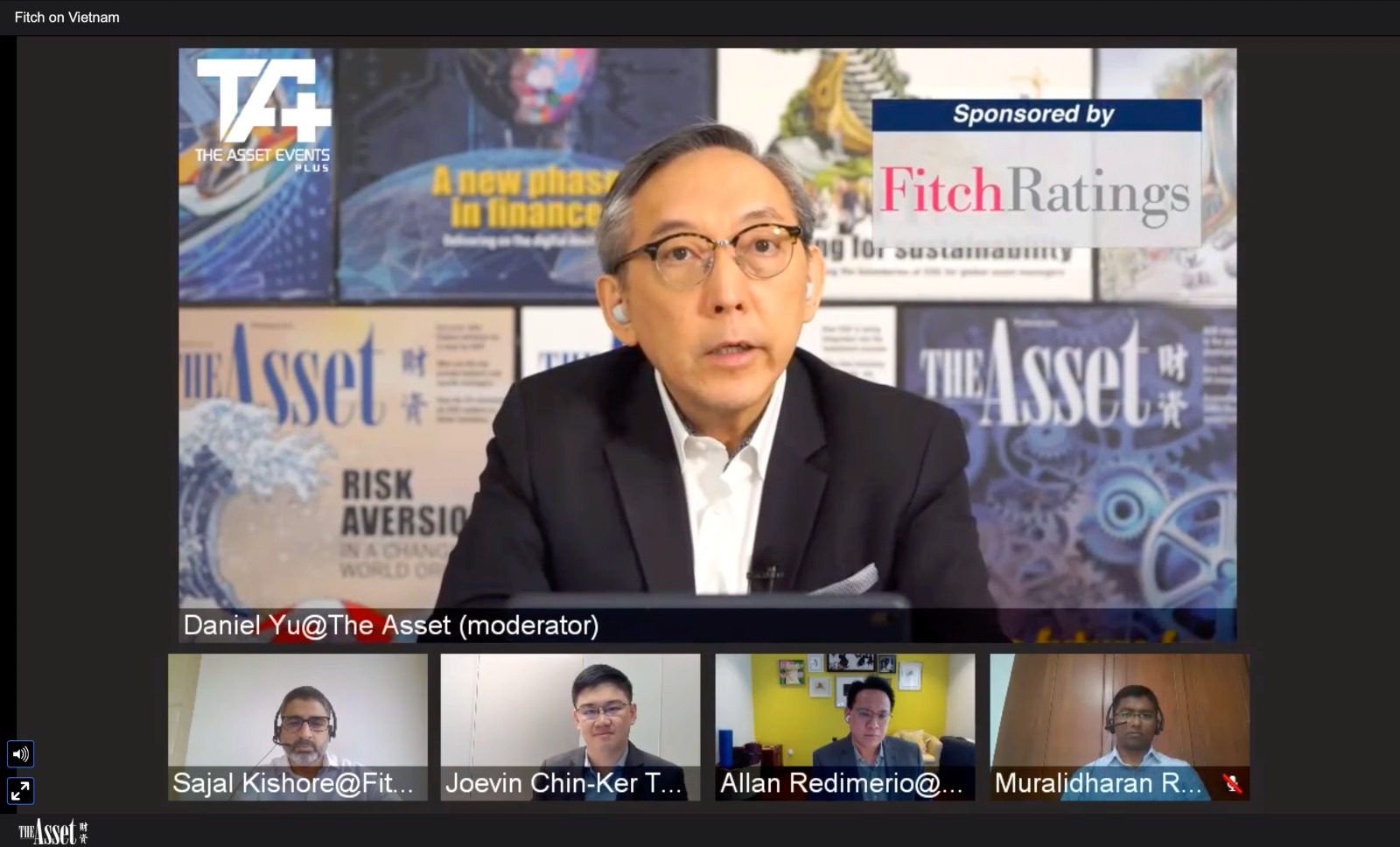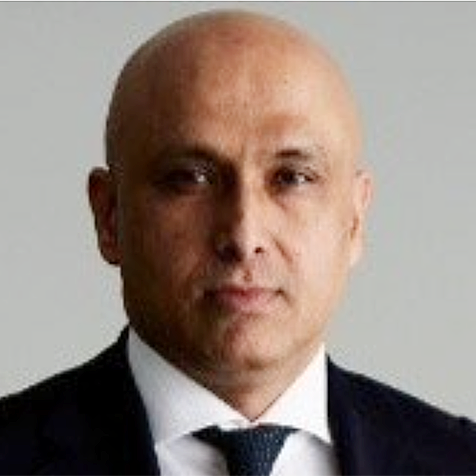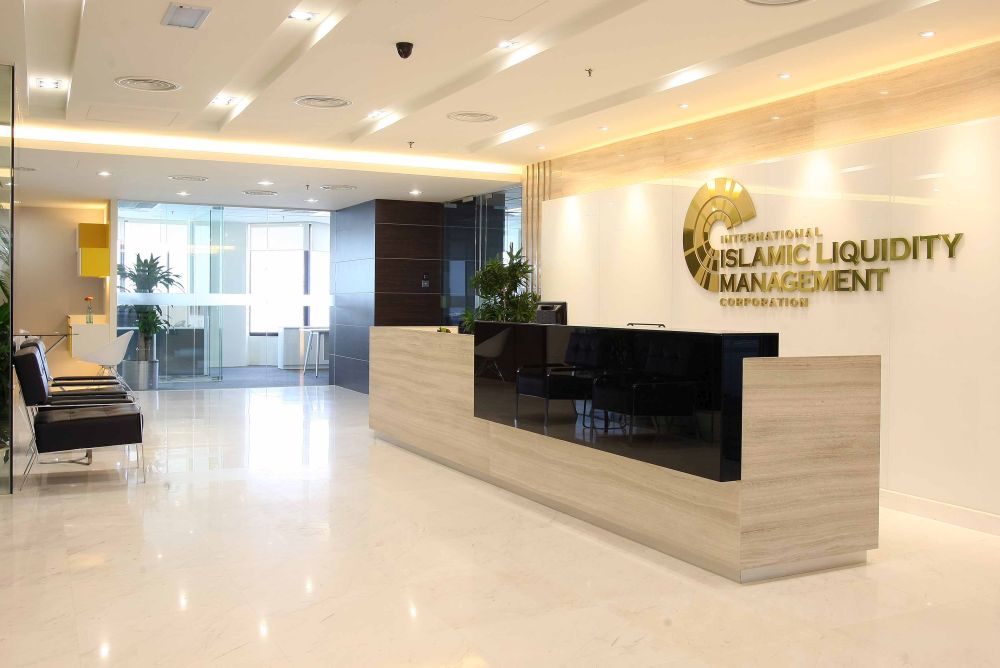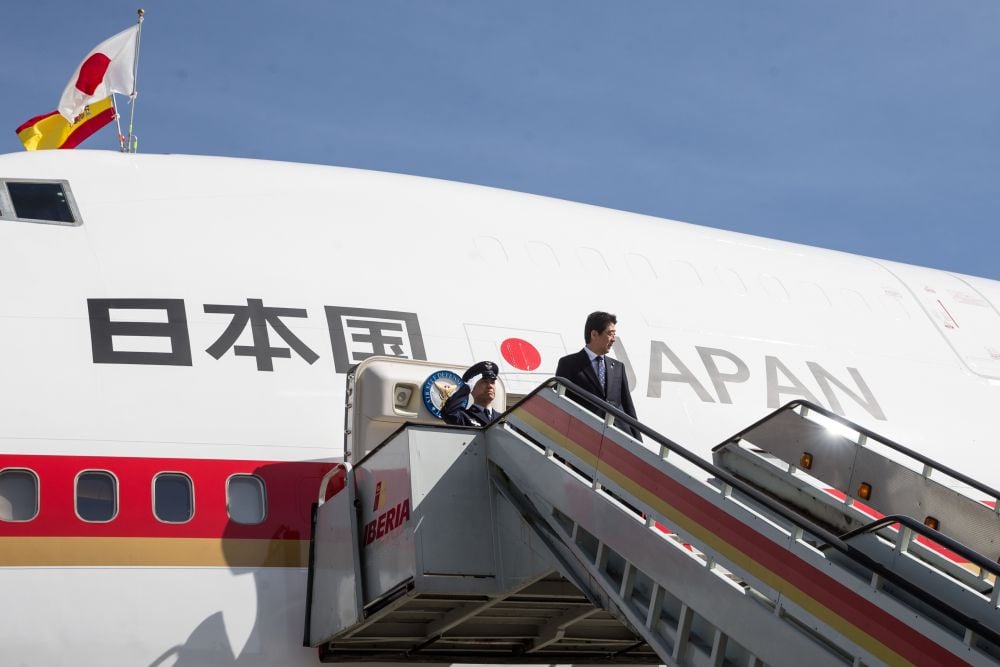ill Vietnam become the destination of the decade for multinationals and investors? During part one of the webinar this week, the panel of experts was unanimous: Vietnam has what it takes, especially with its success battling Covid-19.
However, there are challenges, not least is the need to accelerate much-need infrastructure, and to strengthen and develop its banking and capital market to support the financing required. These were the consensus view of the panel in part 2 of Fitch on Vietnam: Credit and capital markets through the pandemic.
“We have definitely seen increased investors’ interest in Vietnam,” shares Joevin Teo, head of Asian fixed income, emerging markets fixed income, Amundi, Europe’s largest asset manager. “Vietnam has handled Covid-19 reasonably well and its growth outlook continues to lead the pack in Asia.”
Of particular interest among the fund’s investors, he continues, are the opportunities in renewable energy, ESG and sustainable investments. “There is a lot of room to grow.”
As supply chains are realigned, Vietnam also stands to benefit from their relocation from China. This is creating added urgency for infrastructure development to be accelerated. But with Covid-19, public finance is facing added strain from the stimulus package, and also given the government’s desire to keep its debt-to-GDP ratio under 65%.
“The banking system is liquid at the moment. That’s the reason we have not seen issuers from Vietnam going out to the international capital market,” notes Allan Redimerio, managing director of financial solutions at Mizuho Bank. “But if we look at the power sector such as transmission projects – Vietnam is a very long country – to build those 500 KV transmission will cost a lot of money. This is where domestic liquidity may not be enough. This is where the likes of Vietnam Electricity (EVN) and National Power Transmission may have to go out to the international markets to raise money.”
Although EVN secured an international credit rating from Fitch Ratings two years ago, it has yet to come to the market. Part of the reason is pricing. Redimerio says issuers such as state-owned enterprises (SOEs) have to pay at least a 100bp difference in tapping the offshore bond market versus the cheaper onshore loan for a five-year maturity. A second reason is an SOE needs to identify a specific project to secure external funding. “The approval process could take a while.”

Still, there are tangible benefits for the likes of EVN in having undertaken a credit rating exercise. “If you take a step back in how these entities were funding their capex investments, most of them were funded by multilateral loans or government-guaranteed debt,” explains Muralidharan Ramakrishnan, senior director, head of South and Southeast Asia energy and utilities, Fitch Ratings. “Vietnam has been trying to reduce the reliance on government-guaranteed debt by state-owned enterprises including EVN. Increasingly, the likes of EVN are turning to syndicated debt on a standalone basis, and that’s where ratings have come into play.”
In addition, Ramakrishnan points out that with EVN’s capex requirement likely to be from US$4 billion to US$5 billion for the next two to three years, the rating has given them a platform to access the capital markets and not rely on government support.
Appetite for renewables is increasing, especially in the new world and among investors. Vietnam could also be a magnet for offshore financing. “The key challenge [for Vietnam] is to make the PPAs (power purchase agreements) work; to be banker and investor friendly and more robust,” believes Sajal Kishore, senior director, head of Asia-Pacific infrastructure & project finance ratings, Fitch Ratings. “There are challenges for these PPAs such as issues around rule of law, foreign exchange convertibility, lenders’ protection, etc. that Vietnam can address to help facilitate renewable investments by overseas capital markets flow.”
The passage of a number of laws by Vietnam’s National Assembly on June 18 including the revised Law on Enterprises, Law on Investment, and Law on Public-Private Partnership designed to ease business and investment rules, is sending the right signal to the market. “There are a lot of positive developments in Vietnam, which are a source of investor optimism going forward,” says Teo. “If you look at corporate bond issuance as a percentage of GDP, Vietnam’s is less than 2%. There is a lot of space to catch up [compared with regional peers]. The State Securities Commission of Vietnam is viewed by investors as very interested to develop the market.”
Similarly, the new unified PPP law, which comes into force at the start of 2021, addressed some of investors’ concern, although work is still needed on other issues. “There have been tweaks to concerns around lenders’ step-in rights. The question is whether it provides operational flexibility in addressing bankruptcy or restructuring issues,” Kishore comments. “Getting the PPP framework right is never easy. It is about getting the risk allocation between the government and the private sector right.”
For more information about the virtual event hosted by The Asset Events+ please go here.










